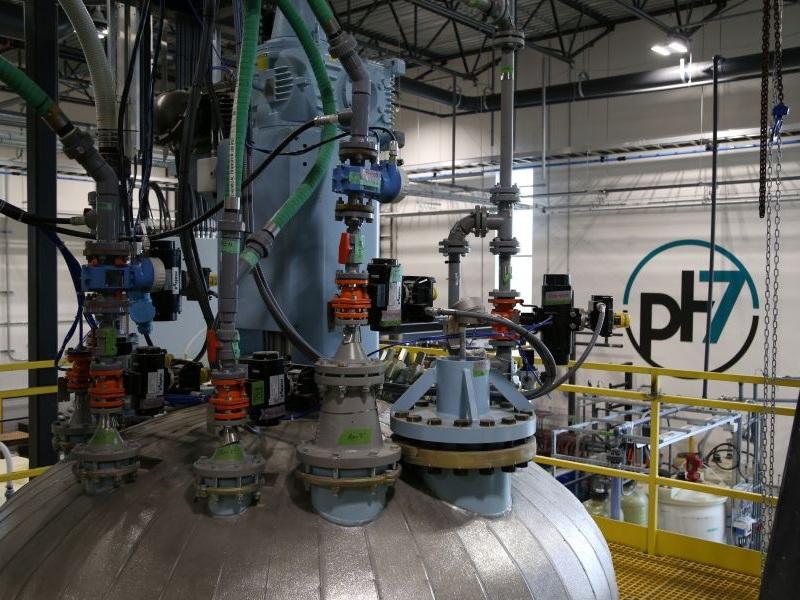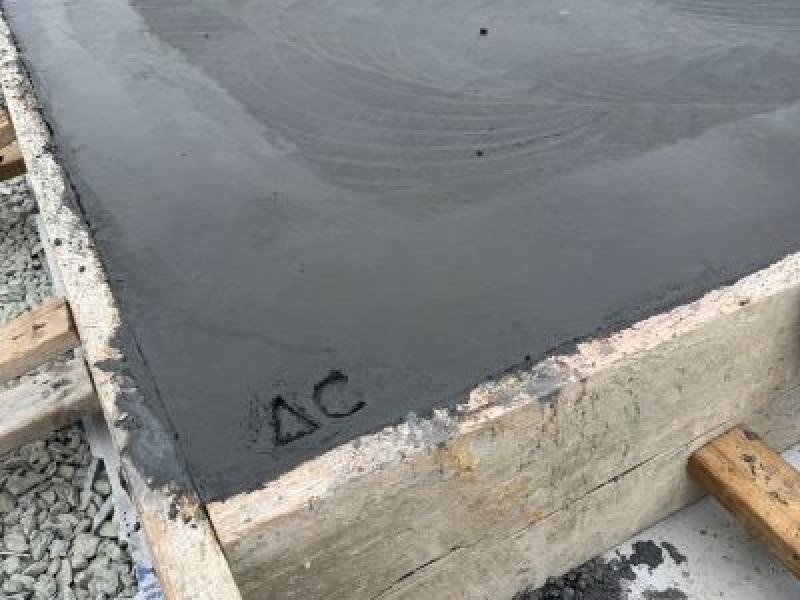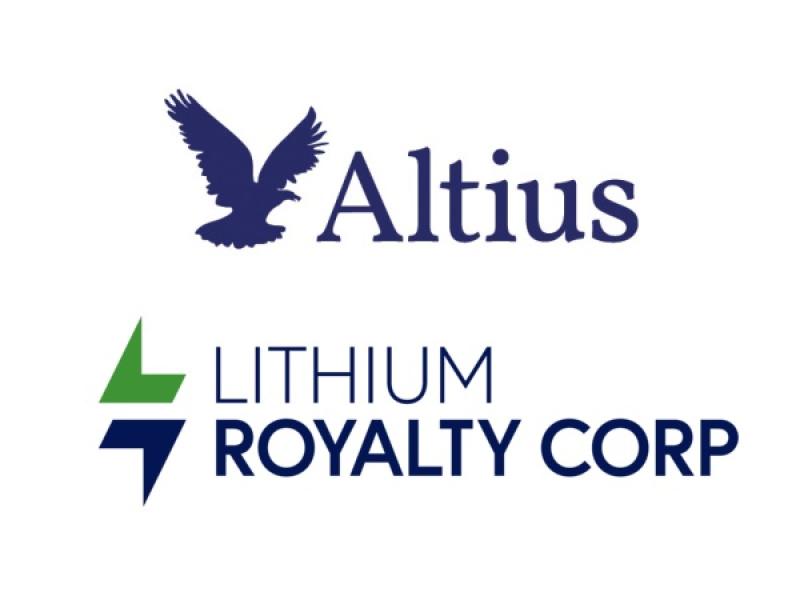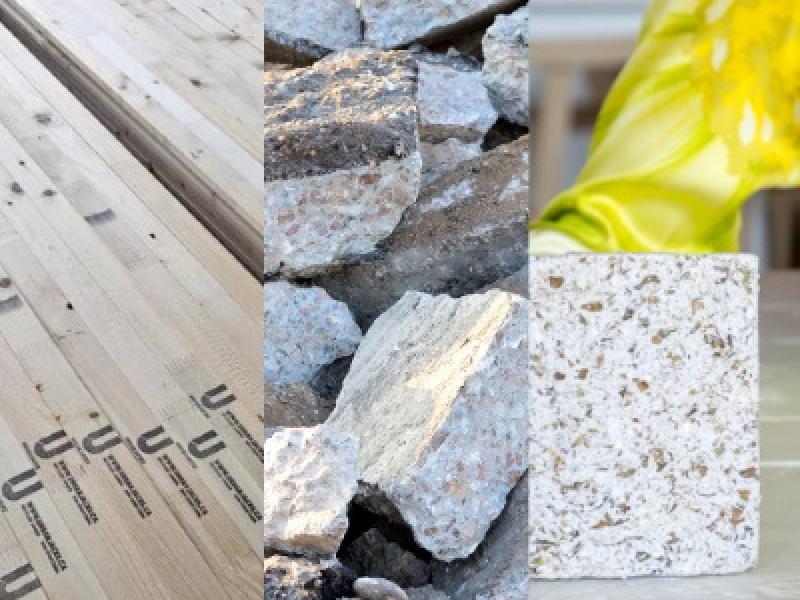
Diverso Energy LP and Mattamy Homes have formed a joint venture under which Diverso will be the exclusive provider of geothermal energy services at Mattamy's housing developments.
The partnership will design, build, own and operate the geothermal systems on upcoming Mattamy projects which are being designed to run on the power source. Diverso has also acquired all of Mattamy's existing geothermal assets, which are in place at over 2,000 housing units either occupied or in development.
The intent of the joint venture is to “streamline the geothermal and make it more cost-effective and feasible for the intent of rolling it out in more of (Mattamy’s) communities,” Tim Weber, CEO of Diverso, said in an interview with Sustainable Biz Canada.
Critical to the partnership is “cracking the code on low-rise” homes; incorporating geothermal systems with no impact on the building timelines or costs.
Diverso designs, builds, owns and operates low-carbon geothermal assets primarily for multifamily buildings under an energy-as-a-service (EaaS) model. The company will build, own and operate the geoexchange systems, which uses the ground beneath a building as a thermal battery for sustainable heating and cooling, while the building’s owner pays monthly charges under a 30-year contract.
The geothermal utility company currently services approximately 30 buildings that total over 7.5 million square feet.
Both Diverso and Mattamy are based in Toronto.
A line of sight for future projects
Mattamy, one of Canada's largest private homebuilders, has focused on geothermal energy as a means of reducing carbon emissions from its developments. The developer-builder has the goal of achieving a 10 per cent reduction in greenhouse gases from its homes sold in 2025, compared to code-built homes.
Examples of Mattamy projects using geothermal technology are its Upper Joshua Creek community and Carding House, both in Oakville, Ont. Mattamy also helped fund a pilot program to develop a geothermal heating and cooling system for its Springwater community in Markham.
After a search for a joint venture partner, Mattamy chose Diverso because it is a fully integrated company, Weber said. Diverso’s structure keeps everything “all under one roof”, which reduces costs and increases efficiency, he explained.
As a result, Mattamy can pare the cost premium of geothermal-powered homes compared to those using conventional utilities like natural gas for heating, Weber said, and inch closer to cost competitiveness.
“Looking at a pipeline approach allows for efficiencies and cost savings on both sides, so there’s definitely a benefit to the approach we’re taking with Mattamy,” he said. “It gives us a line of sight into a pipeline, which allows us scale.”
The new venture will first focus on Ontario, but Weber hopes to expand its presence to other Mattamy communities in Canada.
Mattamy also has communities in the U.S. which are not off the table for the joint venture, he said. But the aim is to have the venture walk before it runs, so any moves into the U.S. should not be expected in the near future.
Bringing down the costs of geothermal in low-rise homes
Addressing low-rise housing is crucial to the partners. Diverso is well-versed in mid- and highrise buildings, such as Lillian Park in Toronto or Saw Whet Condos in Oakville, but is looking to diversify into single-family homes (as well as institutional buildings) because of the slowdown in condo development in the Greater Toronto Area.
Low-rise buildings are cost-sensitive projects, Weber said, so unless geothermal infrastructure can be built rapidly with minimal disruptions and the homeowners are willing to pay the premium, few developers will take the risk.
But the Diverso-Mattamy joint venture can bypass such concerns, Weber explained. The EaaS model avoids laying such a premium on homeowners, and Mattamy is committed to integrating geothermal into as many of its communities as possible.
As the first partnership with a housing developer Diverso has forged, the model could be replicated in future with other builders.










